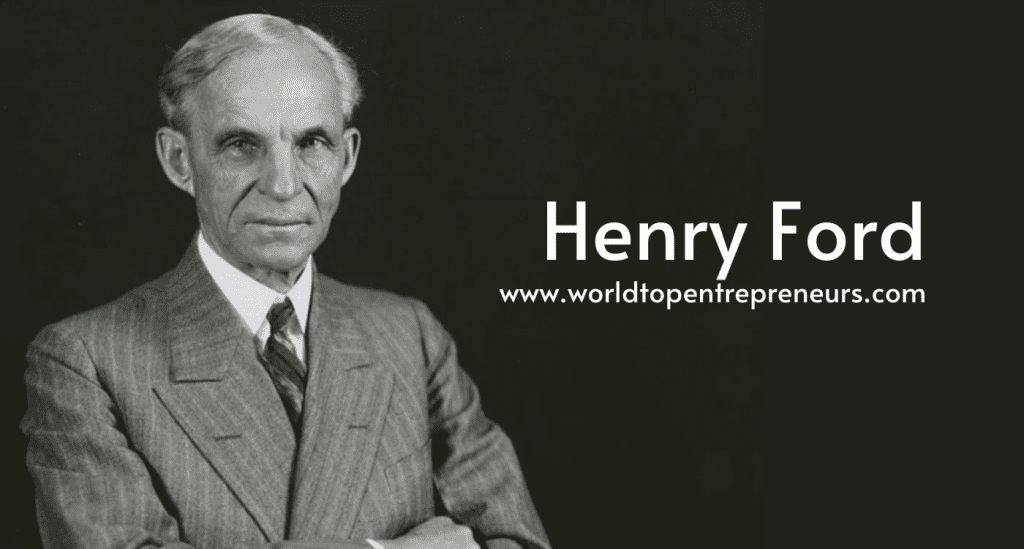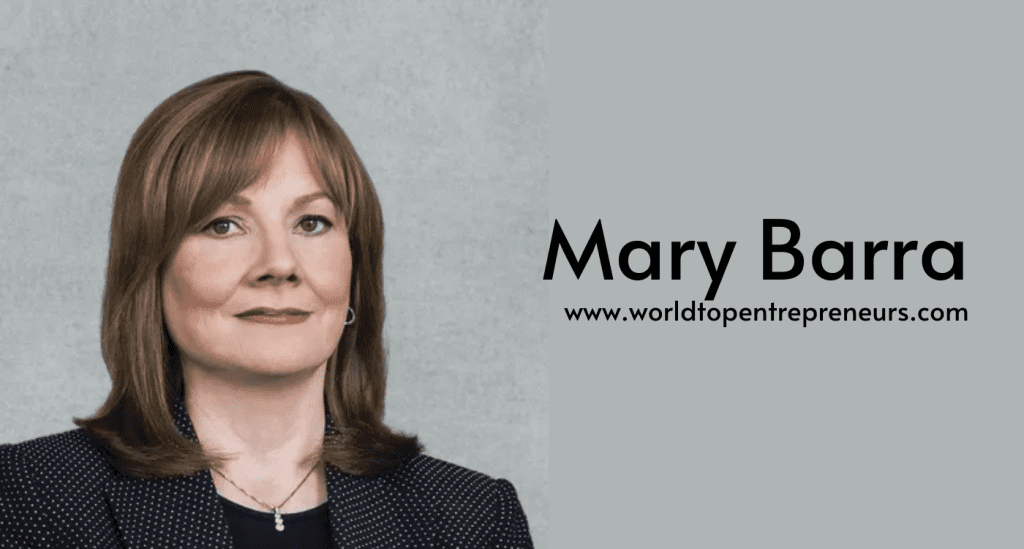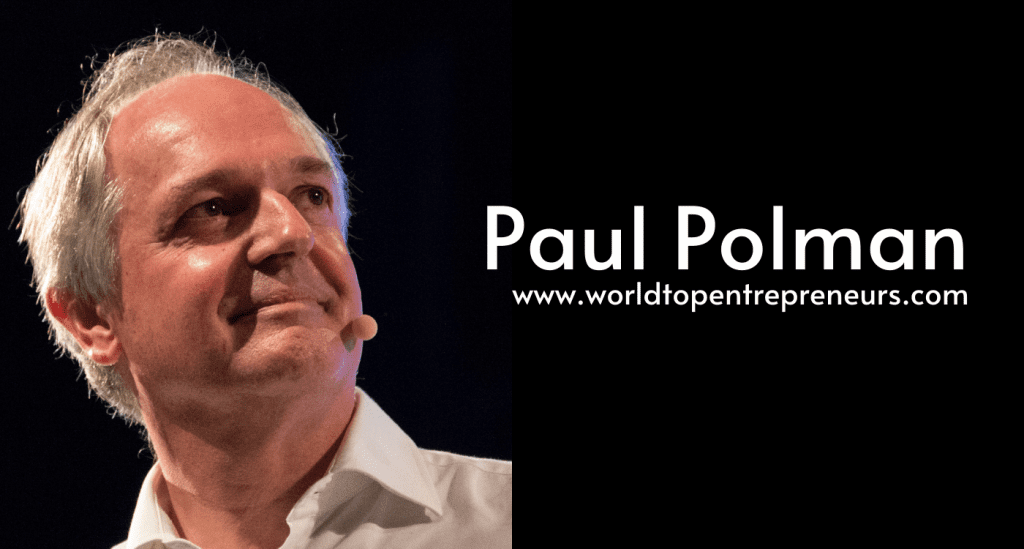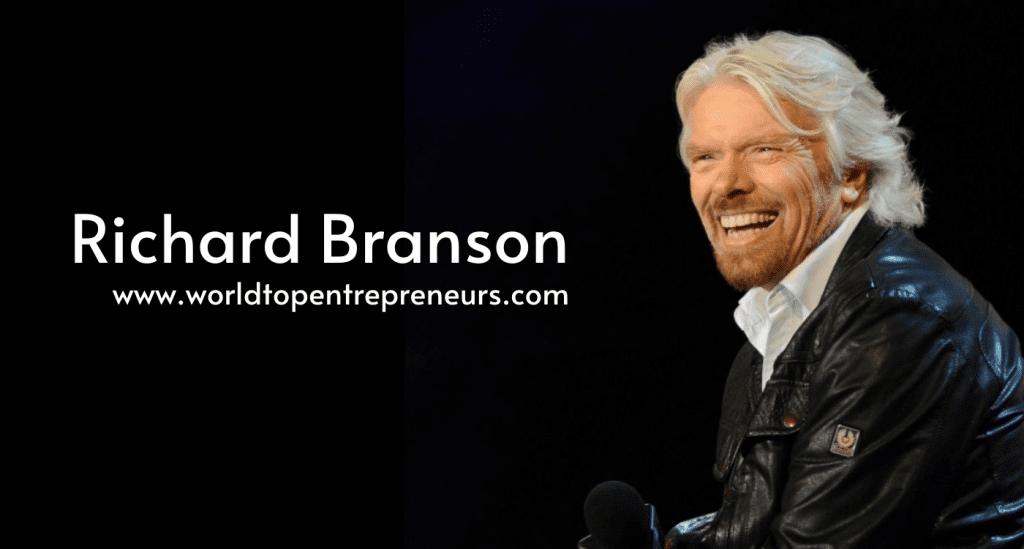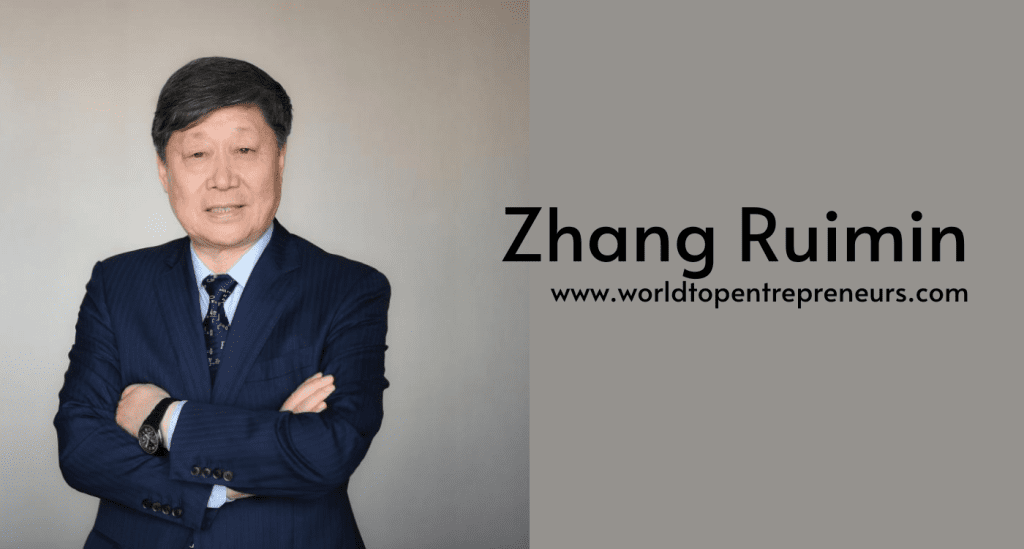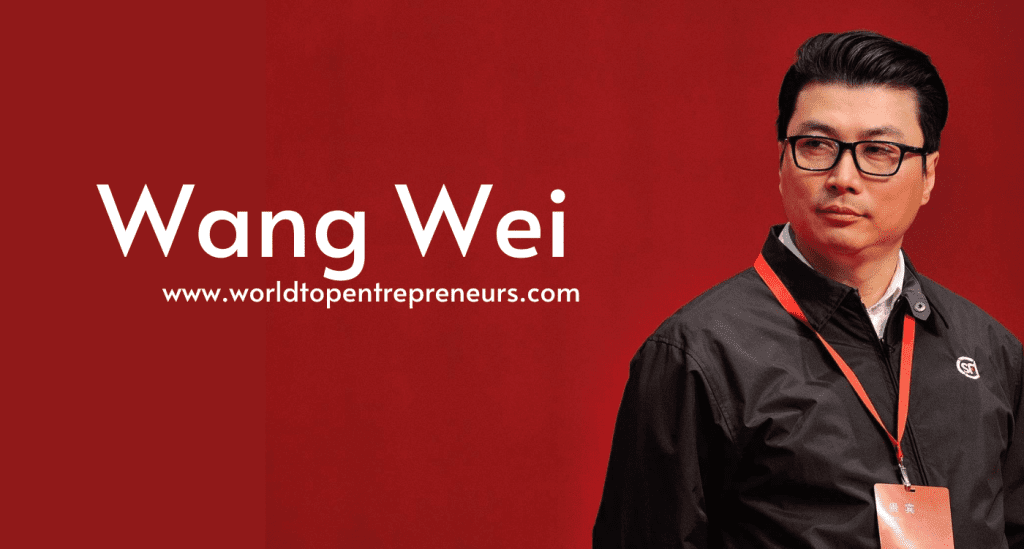When we talk about the rise of Paradox Interactive, names like Fredrik Wester and Johan Andersson often take center stage. However, there’s another figure whose influence behind the scenes has been just as pivotal: Pher G. Gällnhammer. As Paradox’s CFO (Chief Financial Officer), Gällnhammer’s expertise in finance, strategy, and business operations has been instrumental in ensuring the company’s long-term stability and growth. While perhaps not as publicly visible as some of his colleagues, his work has laid the foundation for the global success Paradox enjoys today.
Early Career and Joining Paradox :
Before joining Paradox Interactive, Pher Gällnhammer had a long and storied career in finance and business management. He accumulated vast experience in both private and public companies, helping organizations streamline their financial processes, manage risk, and prepare for future growth. This expertise made him an ideal fit for Paradox, a company that was transitioning from a niche studio to a global player in the video game industry.
In 2010, Gällnhammer joined Paradox Interactive as its CFO, at a time when the company was gaining traction but still in the early stages of its explosive growth. Paradox’s grand strategy games, such as Europa Universalis and Crusader Kings, were attracting a dedicated fan base, but the company needed to ensure its financial structure could support future expansions, acquisitions, and projects.
Financial Leadership at Paradox :
One of Gällnhammer’s key contributions to Paradox was his focus on sustainable growth. While many gaming companies chase quick wins or risky expansions, Gällnhammer was known for emphasizing long-term planning and strategic investments. His cautious but progressive approach helped Paradox navigate through challenges in the competitive gaming market, allowing the company to grow steadily without overextending itself.
Under Gällnhammer’s leadership as CFO, Paradox adopted a smart approach to financial management. This included developing recurring revenue streams through downloadable content (DLC), expansions, and subscription models for games like Crusader Kings II and Europa Universalis IV. This strategy helped keep players engaged and monetized over longer periods of time, ensuring a continuous flow of income while avoiding the typical boom-and-bust cycles many game developers face.
Taking Paradox Public :
One of the most significant milestones during Gällnhammer’s tenure as CFO was taking Paradox Interactive public. In 2016, Paradox was listed on the Nasdaq First North Premier stock exchange in Stockholm. The decision to go public marked a pivotal moment for the company, giving it access to more capital, expanding its reach, and allowing it to make more ambitious moves within the industry.
The IPO (Initial Public Offering) was a resounding success, with shares oversubscribed and investor interest far exceeding expectations. This was in no small part due to Gällnhammer’s meticulous planning and financial stewardship. He ensured that Paradox was in a strong financial position leading up to the listing and had a clear roadmap for its post-IPO growth strategy.
With the additional capital from the IPO, Paradox was able to expand its portfolio, acquire studios, and invest in new IPs. Gällnhammer’s financial leadership during this critical time allowed Paradox to maintain its independence while growing rapidly, positioning itself as a major player in the global gaming market.
Strategic Acquisitions and Investments :
Another key area where Gällnhammer’s influence has been felt is in Paradox’s acquisitions and investments. Paradox has been very selective about the studios and projects it acquires, always ensuring that new teams align with the company’s long-term vision. Under Gällnhammer’s guidance, Paradox acquired several studios that have since become integral parts of the company, including Hardsuit Labs and Triumph Studios, the creators of Age of Wonders.
His approach to mergers and acquisitions has always been strategic, ensuring that any new studios not only fit into Paradox’s portfolio but also contribute to the company’s ability to innovate and expand. This methodical approach to growth has helped Paradox avoid the pitfalls that many other companies face when expanding too quickly or taking on projects that don’t align with their core strengths.
A Focus on Sustainability :
While much of Pher Gällnhammer’s work has focused on driving growth and ensuring financial stability, he has also been a strong advocate for sustainability in game development. This includes both financial sustainability—ensuring that Paradox is always in a strong cash position to weather industry volatility—and a focus on employee well-being and work-life balance.
In an industry where crunch culture—the practice of forcing employees to work excessive hours to meet deadlines—has been a major issue, Gällnhammer has supported a more sustainable and human-focused approach to game development. Under his leadership, Paradox has been known for promoting a positive work culture and taking steps to avoid the burnout that plagues other gaming companies.
Legacy and Continuing Influence :
Though often working behind the scenes, Pher Gällnhammer’s influence at Paradox Interactive cannot be overstated. His careful financial management and strategic vision have been essential to the company’s transformation from a small Swedish game studio to a global leader in strategy games. Through his focus on sustainable growth, smart investments, and financial stability, Gällnhammer has helped ensure that Paradox is well-positioned for future success.
As Paradox continues to evolve and expand into new markets and genres, Gällnhammer’s legacy as a financial strategist and leader will remain a cornerstone of the company’s story. His contributions may not always grab the headlines, but they have been crucial to the sustained success of Paradox Interactive.
Conclusion :
In a rapidly changing industry, Pher G. Gällnhammer’s steady hand and long-term vision provide a model for how game companies can thrive without compromising their values or overextending themselves. For anyone looking to understand the true forces behind Paradox’s rise, Gällnhammer’s work is a key part of the equation, proving that great games need great financial minds to bring them to life.






